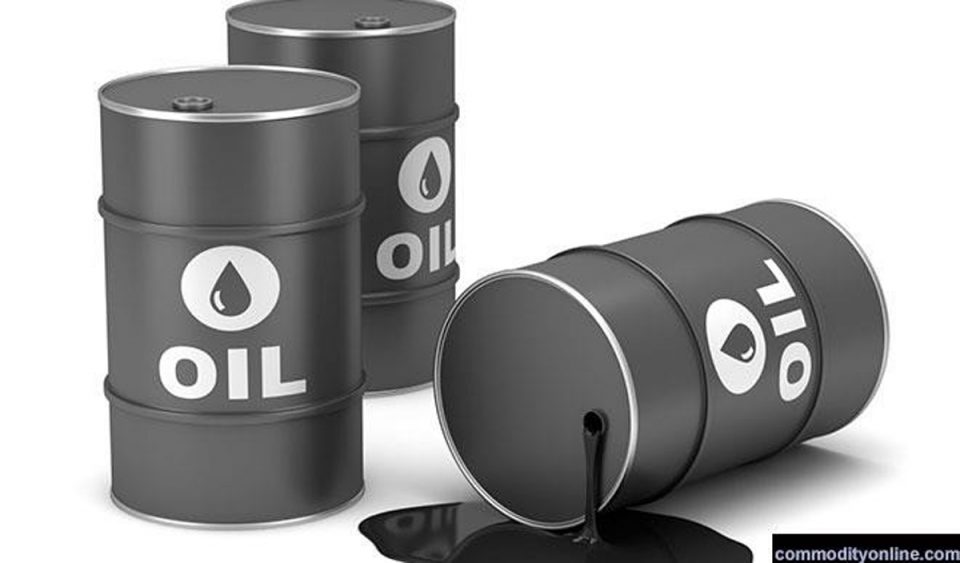Photo caption: Oil
*Brent, WTI now stable after hitting five-month high earlier
*No oil supply disruption yet from US attack on Iran
*Fears Iran could close Strait of Hormuz, key oil supply route
Oil prices jumped on Monday to their highest since January as the United States’ weekend move to join Israel in attacking Iran’s nuclear facilities stoked supply concerns.
Brent crude futures were up just 8 cents to $77.09 a barrel as of 0904 GMT. U.S. West Texas Intermediate crude rose by 3 cents to $73.87.
Price volatility continued in Monday’s session. Both contracts touched fresh five-month highs earlier in the session of $81.40 and $78.40 respectively, before giving up their gains and even turning negative during the European morning session.
Brent has risen around 11% since the conflict began on June 13, while WTI has gained approximately 9%.
Prices flattened out on Monday as investors weighed the geopolitical risk premium in oil markets without any impact on supply yet from the Middle Eastern crisis.
“The geopolitical risk premium is fading, as so far there has been no supply disruptions. But as it’s unclear how the conflict might evolve, market participants are likely to maintain a risk premium for now. So prices are set to stay volatile in the near term,” UBS analyst Giovanni Staunovo said.
Prices rose at the open after U.S. President Donald Trump said he had “obliterated” Iran’s main nuclear sites in strikes over the weekend, joining an Israeli assault in an escalation of conflict in the Middle East as Tehran vowed to defend itself.
Iran is OPEC’s third-largest crude producer.
Iran said on Monday that the U.S. attack on its nuclear sites expanded the range of legitimate targets for its armed forces and called U.S. President Donald Trump a “gambler” for joining Israel’s military campaign against the Islamic Republic.
The geopolitical risk premium includes fears that an Iranian retaliation may include a closure of the Strait of Hormuz, through which roughly a fifth of global crude supply flows.
“All eyes remain on the Strait of Hormuz … and whether Iran will seek to disrupt tanker traffic,” Saxo Bank analyst Ole Hansen said.
Prices could spike in the short term even without full-scale disruption, if the threat of interference alone is enough to delay shipments through the Strait, Hansen added.
Goldman Sachs said in a Sunday report that Brent could briefly peak at $110 per barrel if oil flows through the critical waterway were halved for a month, and remain down by 10% for the following 11 months.
The bank still assumed no significant disruption to oil and natural gas supply, citing global incentives to try to prevent a sustained and very large disruption.
Given the Strait of Hormuz is indispensable for Iran’s own oil exports, which are a vital source of its national revenues, a sustained closure would inflict severe economic damage on Iran itself, making it a double-edged sword, said Sugandha Sachdeva, from research firm SS WealthStreet.
=== Reuters ===



